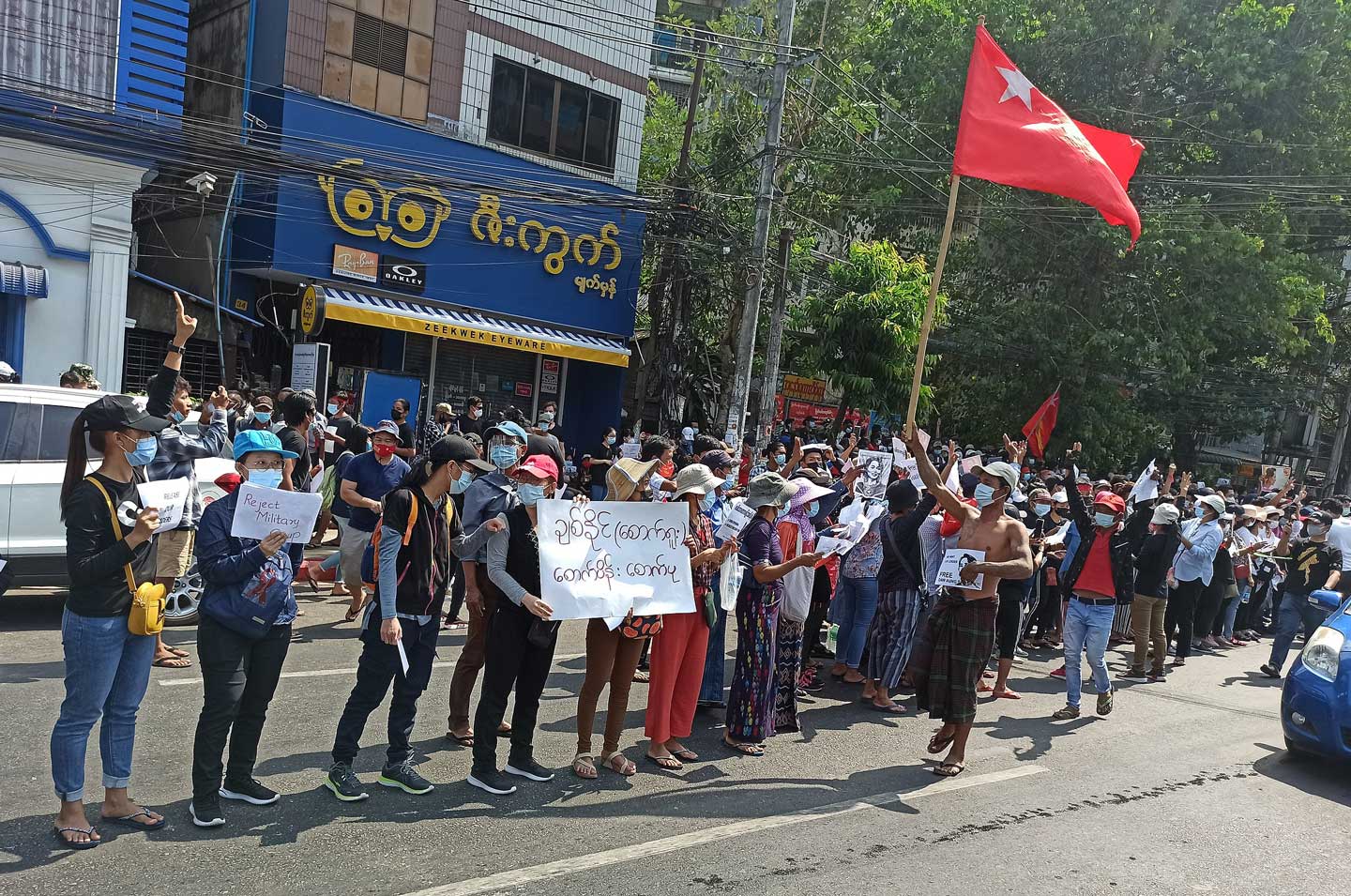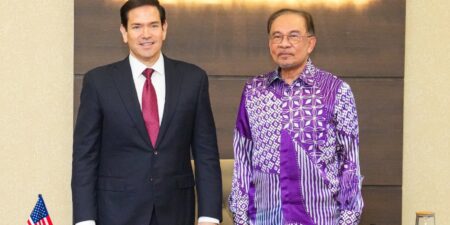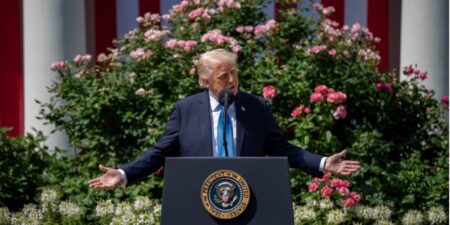Since a military coup was staged on February 1, BGA’s Myanmar team, led by Acting Managing Director Judo Ko, has been closely monitoring the situation and updating our clients. One consistent theme in our updates has been the focus on the domestic opposition in Myanmar, which bears careful watching in terms of how it affects the military’s actions and the future of the country’s political landscape.
After seizing power, Senior Gen. Min Aung Hlaing has taken a series of actions to cement his political power amid international censure from countries such as the United States, including ousting State Counsellor Aung San Suu Kyi and President Win Myint, declaring a one-year state of emergency, forcing cabinet ministers and their deputies to resign and appointing new officials in their place. But in spite of all of the focus on the military and the international response, it is the domestic opposition we are seeing within Myanmar that bears careful watching.
Since the military’s seizure of power, there have been some notable international responses, including investment delays from some companies, targeted sanctions by the United States and calls of alarm by several other countries. But at the same time, there have been problems with coordinating an international response, and points of leverage such as punitive actions typically have unintended economic consequences and tend to firm up the military’s dependence on China rather than encourage a change in behavior.
Yet domestic discontent might be a more important factor to watch in how the military calibrates its actions. There is support for the National League for Democracy (NLD) in calling for peaceful, nonviolent resistance, and demonstrators that have taken to the street have indicated that they will neither be silenced nor goaded into aggression through repressive measures.
Even if the military has the capacity to violently suppress continuous protests, it will need to calibrate its actions carefully. The economy is a pressure point, and it is no coincidence that General Min Aung Hlaing has himself been meeting with private sector representatives to indicate some stability with the previous government and also reassure companies. Clearly, the military finds the withdrawal of investments concerning as it looks for ways to court business sympathetic to the ousted civilian government, which the swelling protest movement may complicate.
The military also understands that it will need to preserve some measure of popular support to address the challenges the country faces, including the Covid-19 pandemic. If it overreaches, it risks facing an uphill battle in pandemic management for a population that widely sees it as illegitimate. As the civil disobedience movement galvanizes Myanmar’s population across social strata into action and solicits the support of international investors, the military junta may be forced to make political concessions to support an economy already burdened with a global economic downturn.
To be sure, the military has shown that it does not back down easily during previous instances of civilian discontent, and there is a real risk of violence in the coming weeks. But merely focusing on that possibility misses the larger point: that protests in Myanmar have already resulted in the voice of the country’s population being heard by the military in a way that cannot be easily silenced forever. The military must factor this into its calculations if it is worried about foreign companies pulling out and countries leaving it isolated, thereby narrowing its own options for survival. In the meantime, the BGA Myanmar team will be closely monitoring developments on the ground.


























